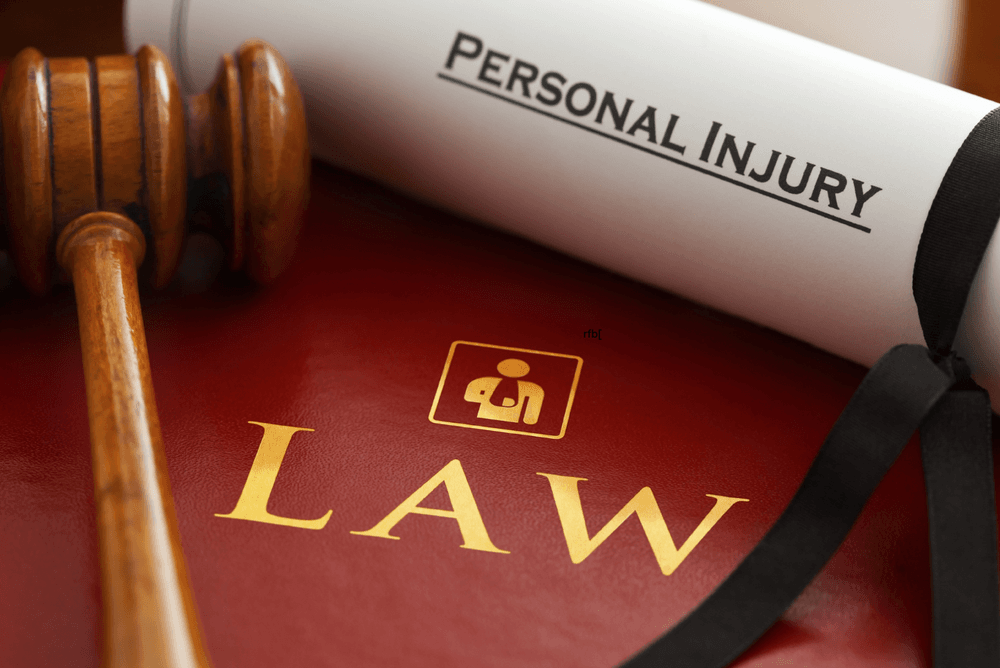If you or a loved one has been diagnosed with a traumatic brain injury, you may be wondering how to file a personal injury claim. So in this article, we will provide you with information on what types of claims are available for TBIs, how to make a claim, and more.
- What is traumatic brain injury?
- Causes of TBI
- What types of claims are available for TBIs?
- How much compensation can I expect to receive?
- What is the process for filing a claim?
- When should I contact my attorney?
- How long do I have to wait before making a claim?
- Who is eligible to file a personal injury claim for TBI?
- Are there any ways that I can reduce my claim costs?

What Is Traumatic Brain Injury?
Traumatic brain injury (TBI) is a condition that occurs when the brain is injured. Symptoms of TBI may include memory problems, difficulty concentrating, and problems with speech and movement. TBI can be fatal if not treated quickly.
Causes of TBI
- Physical force such as a fall.
- Being hit with a rock or a fist.
- Car crash
- An object that has been thrown at you such as a brick.
- Being attacked or mugged.
- Chemical or electric shock.
- Being subjected to extreme temperatures like being left in a burning building.
- Having aneurysms (abnormal bulges on the walls of blood vessels) in the brain.
- Having diabetes or other conditions that affect blood flow to the brain.
What Types of Claims Are Available for Traumatic Brain Injury?
TBIs are a leading cause of long-term disability in the United States. TBI survivors may be eligible for benefits from both the Federal government and private insurance companies. The most common types of claims filed by TBI survivors are medical expenses, lost income, and pain and suffering. Survivors may also be able to file a claim for wrongful death.
How Much Compensation Can I Expect to Receive?
Traumatic brain injury is a serious condition that can result in a number of different symptoms. In many cases, TBI victims may be entitled to compensation from their health insurance companies or government programs. Depending on the severity of the injury, victims may receive anywhere from financial assistance to full compensation. While most cases are resolved without protracted legal battles, some individuals may decide to pursue legal action in order to increase their payout.
If you need full assistance in filing a claim, the Limbocker Law Firm is here to help.
What Is the Process for Filing a Traumatic Brain Injury Claim?
If you or someone you know has been diagnosed with TBI, it's important to understand the process for filing a claim.
- The first step is to contact your insurance company. You may be covered under your policy if the injury was caused by an accident. If not, you'll need to find out whether you have any personal insurance coverage. You may also be able to file a claim with the government as a victim of crime.
- Once you have all the information necessary, you'll need to gather medical records and paperwork documenting your injuries. This includes photos if possible, as well as prescriptions and other medical documents.
- You'll also need to submit police reports and any other relevant documentation.
If you're filing a claim on your own behalf, it's important to remember that there are deadlines that must be met in order for your case to proceed smoothly. Be sure to consult with a personal injury attorney if necessary in order to ensure that your rights are protected throughout the process.
When Should I Contact My Attorney?
Speak with an attorney about your situation immediately after the incident occurred. An attorney can help you gather all of the necessary evidence and protect your legal rights while your case is pending.
If you have been injured by someone else and believe that they may have caused your injury, don't hesitate to contact a lawyer. The assistance of a lawyer can be crucial as your case progresses.
How Long Do I Have to Wait Before Making a Claim for Traumatic Brain Injury?
If you have suffered a traumatic brain injury or other head injuries, you may have a right to file a claim for compensation. Under the law, you have two years from the date of the injury to file a claim. This waiting period can be waived if there are exceptional circumstances. If you do not file your claim within two years, it may be considered abandoned and closed to further consideration.
Who Is Eligible to File a Personal Injury Claim for TBI?
Anyone who experiences TBI may be eligible to file a personal injury claim. This includes people of all ages, regardless of whether they were at fault for the accident.
If you or someone you know has been injured in an accident, please don't hesitate to seek the help of a legal professional. An experienced lawyer can help you make sure you have the best chance of recovering your damages.
Are There Any Ways That I Can Reduce My Claim Costs?
There are many ways that you can reduce your claim costs if you have been diagnosed with TBI.
- First, always seek medical advice as soon as possible after your accident. This will help you understand your injuries and make sure that you are taking the correct steps to recover.
- Second, be sure to document all of your symptoms carefully. This will help prove that you were injured and need compensation for your injuries.
- Third, always cooperate with the insurance company throughout the process of filing a claim. By being open and honest about what happened, you may be able to avoid lengthy legal proceedings and save money on your claim costs overall.
Never Wait Too Long to File a Claim!

As you can see, there are many different aspects to filing a personal injury claim for traumatic brain injury. However, this does not mean that it is impossible or difficult. And to make sure that your end goal is achieved, which is getting the compensation you deserve, simply request a free consultation with Limbocker Law Firm.









